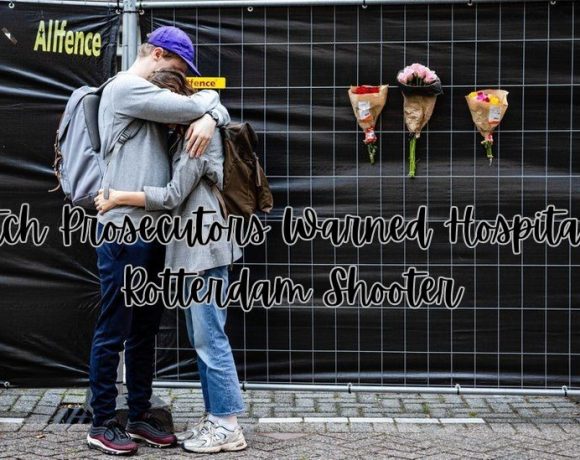
A group of 67 women from Greenland is pursuing compensation from the Danish government for the involuntary birth control program that took place in the 1960s. This program aimed to limit birth rates among the indigenous population and involved fitting at least 4,500 women, including teenagers, with contraceptive coils. While an official inquiry is scheduled to conclude in 2025, these women, some now in their 70s, are seeking compensation immediately, with each woman requesting 300,000 kroner (£34,880; $42,150).
Greenland, which is now a semi-sovereign territory of Denmark, was under Danish colonial rule until 1953. The extent of the involuntary birth control campaign came to light last year through a podcast by Danish broadcaster DR. Records from the national archives revealed that between 1966 and 1970, intrauterine devices (IUDs) were implanted in these women, some as young as 13, without their knowledge or consent.
The Greenlandic government estimates that by the end of 1969, 35% of women in the territory who were potentially able to bear children had been implanted with an IUD.
A commission jointly established by the Danish and Greenlandic governments to investigate this program is not expected to release its findings until May 2025. Psychologist Naja Lyberth, who initiated the compensation claim, emphasized the urgency of taking action now, as the affected women are aging and experiencing health complications related to the IUDs. Some of the devices were inappropriately sized, leading to severe health issues and even infertility.
Lyberth accused the Danish government of the time of wanting to control Greenland’s population size to reduce welfare costs. She asserted that it is evident that the government violated human rights and caused serious harm to these women. The group’s lawyer, Mads Pramming, has submitted a claim to Prime Minister Mette Frederiksen’s office, anticipating a potential court battle if the government refuses compensation pending the commission’s results.
Last year, Denmark issued an apology and compensation to six Inuit individuals who were separated from their families in the 1950s as part of a strategy to establish a Danish-speaking elite within Greenland.
Greenland, the world’s largest island and northernmost landmass, has a population of approximately 57,000. While it has its own flag, language, and prime minister, it continues to be under Danish control in terms of currency, justice system, and foreign and security affairs.
Picture Courtesy: Google/images are subject to copyright









